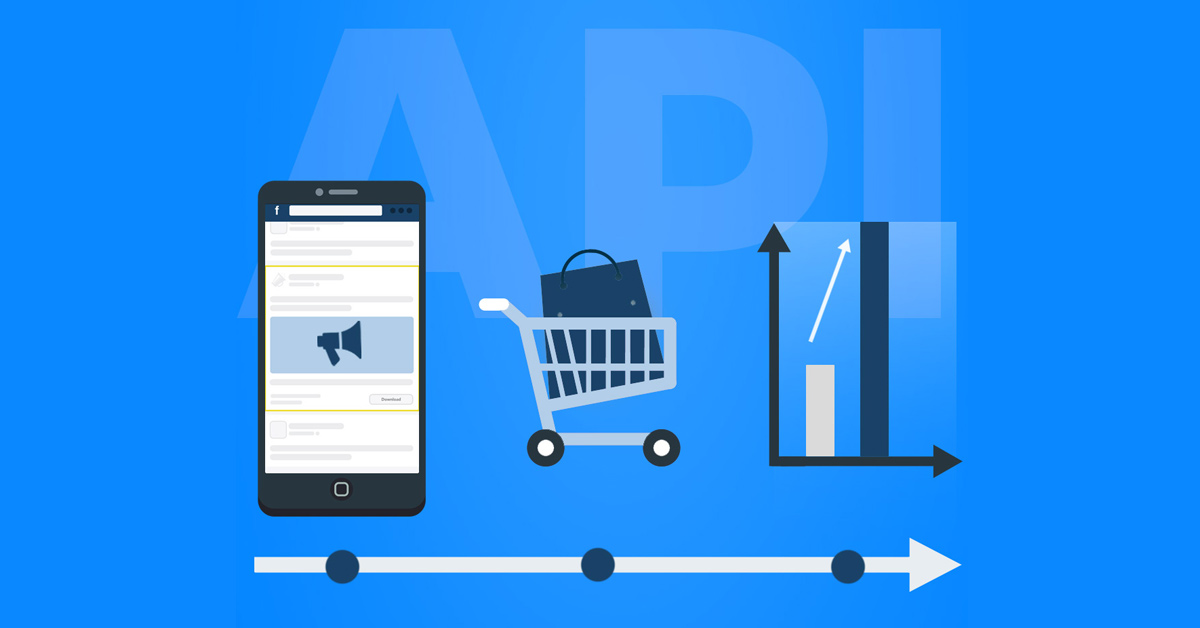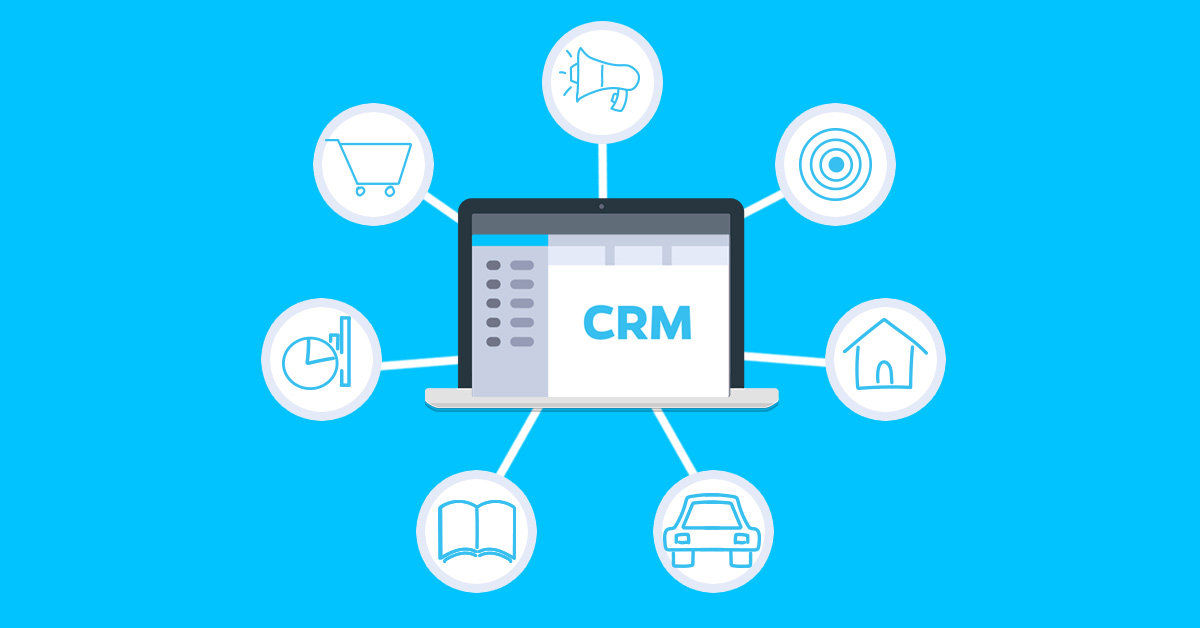Streamline your data management process with the Oracle Eloqua + HTTP Request (GET/POST) integration
Does Oracle Eloqua integrate with HTTP Request (GET/POST)? Yes, thanks to our tool! LeadsBridge is a reliable integrations platform that supports you with 380 integrations. Start now connecting Oracle Eloqua and HTTP Request (GET/POST)
WHAT YOU CAN DO WITH Oracle Eloqua AND HTTP Request (GET/POST)
DOCUMENTATIONStreamline your data management process with the Oracle Eloqua + HTTP Request (GET/POST) integration





